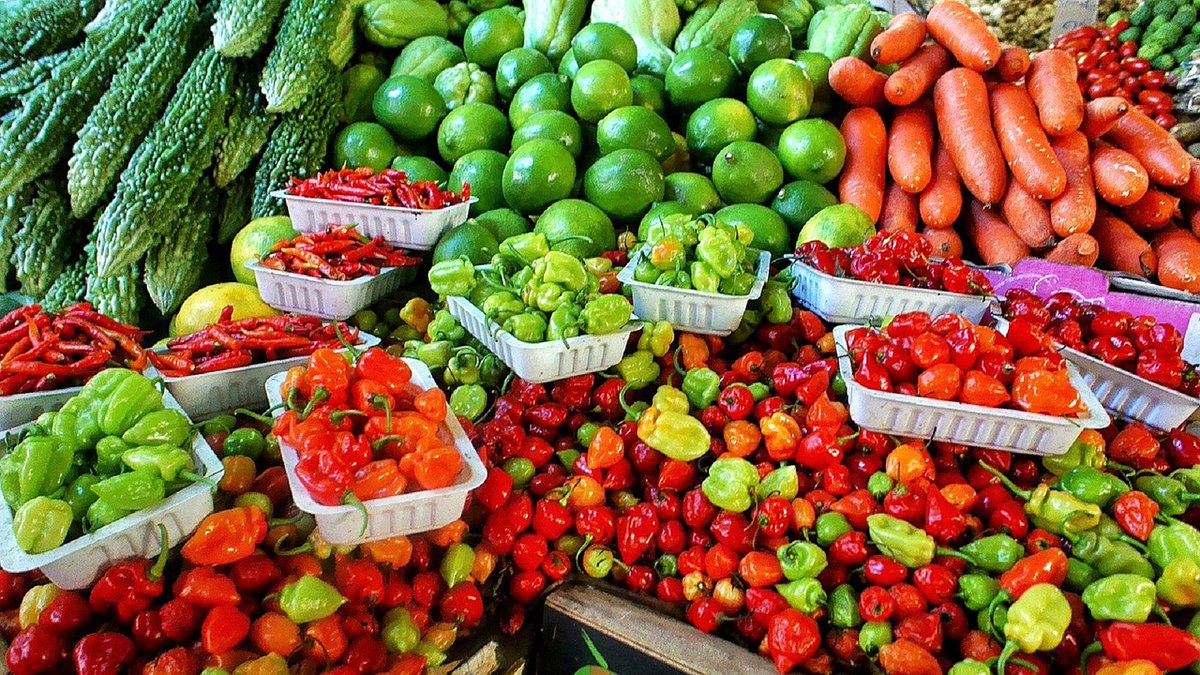
Excited to share our comment in @NatureFoodJnl doi.org/10.1038/s43016… (free to read 👉 rdcu.be/caBrA) Here we discuss the environmental costs of discarding food before entering the market in water-limited #drylands Want to know +? Keep reading👇1/12 #ZeroHunger #SDG2 



1/3 of the food produced globally is not consumed, of which approximately 14% corresponds to post-harvest loss fao.org/3/ca6030en/ca6… In most high-income countries, the primary reason for this is to control prices 

This discarded food is often produced unsustainably, contributing to the depletion of resources such as water & fertilizers and to #climatechange by emitting CO2 Despite this, the EU subsidies this practice to compensate farmers for losses associated with price fluctuations 

We used data from the water-limited province of Almería (SE Spain) to illustrate this problem. Almería locates 90% of the greenhouses in Andalusia (S Spain) and produces over 50% of the production of tomato for fresh consumption in Spain, the largest EU producer 

According to official statistics a total of 12944 t of vegetables were discarded in Andalusia in 2019 before entering the food market. Although part of the withdrawn harvest was diverted to food banks (49.1%) or animal feed (7.4%), a considerable part (43.5%) was destroyed 

We estimated that more than 300,000 m3 of groundwater and 136.5 t of fertilizers have been wasted, and more than 7,500 t of CO2-eq have been emitted to the atmosphere through this practice in 2019. But this is a problem not limited to Andalusia or Spain. It is estimated that... 

across the EU over 9 M t of food were discarded before entering the market in 2012 fao.org/family-farming… and that 82 and 52 kt/yr of fresh fruit and vegetables were withdrawn and destroyed during the 2008-2015 period sciencedirect.com/science/articl…
This is a major poblem that must be tackled to achieve #SDGs, particularly #SDG2 (Zero hunger). Farmers’ full compliance with legislation, such as the EU Water Framework directive, environmental awareness campaigns and new food labelling schemes related to environmental ... 

& social responsibility and shortening the gap between the prices perceived by farmers and those paid by consumers are some major measures that could be taken to reduce the amount of discarded food and its associated environmental impacts 

Kudos to @Maestrelab postdocs Jaime Martínez Valderrama scholar.google.com/citations?user…, who lead this piece, & @Guirado_e scholar.google.es/citations?user… for their great work. This is another publication from the @ERC_Research funded @biodesert_erc project scholar.google.es/citations?hl=e…
The data used are available from @figshare figshare.com/articles/datas…
If you want to know + please read the full article rdcu.be/caBrA or watch this video (in Spanish, in English ). Many thanks for reading and we hope you will find this work interesting! 12/12 (Fin!)
• • •
Missing some Tweet in this thread? You can try to
force a refresh



